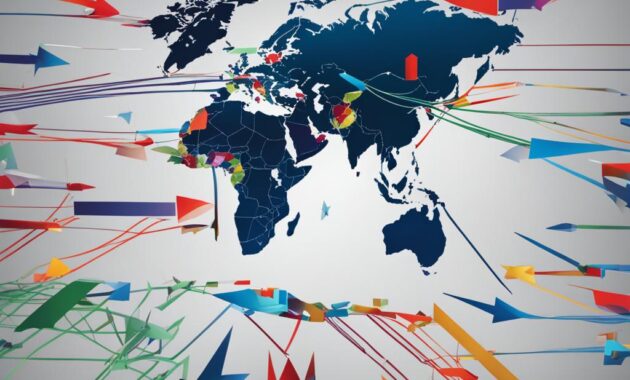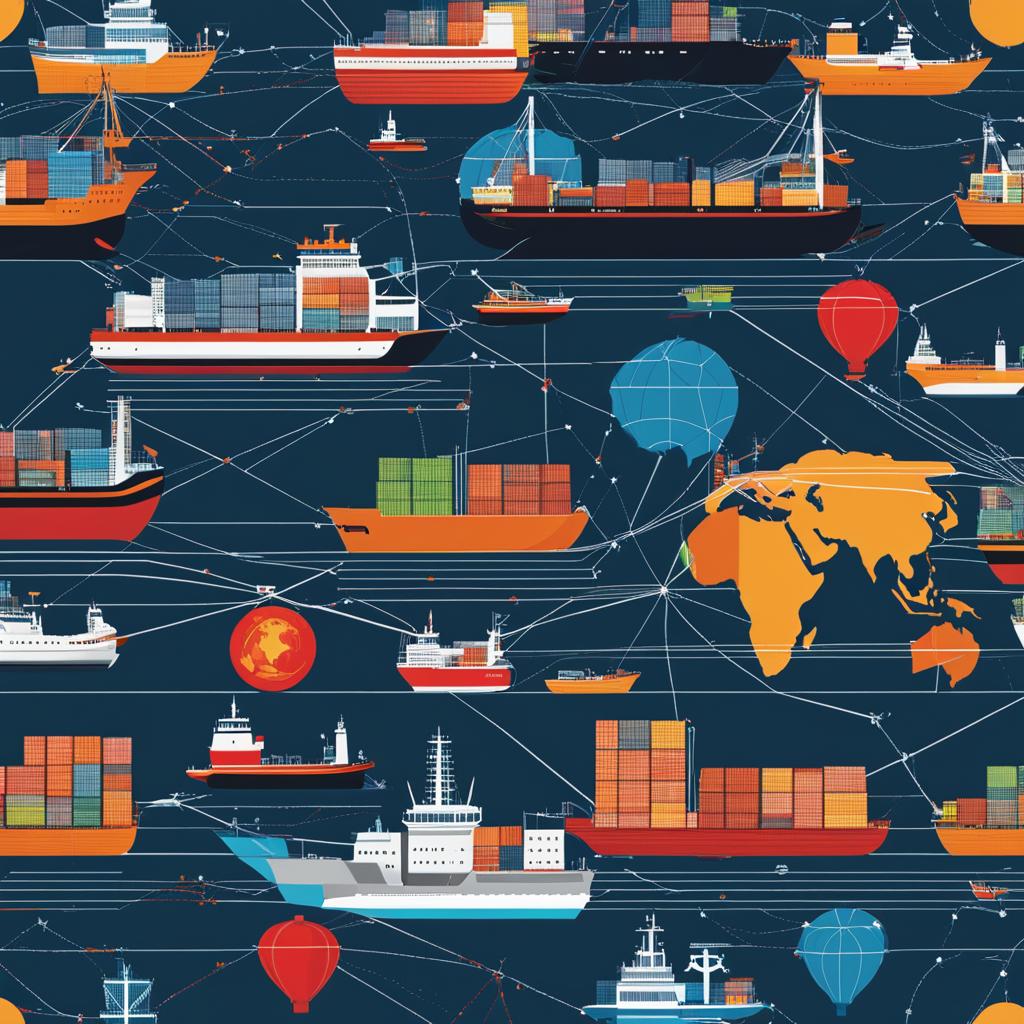Welcome to our comprehensive article on trade agreements, which play a vital role in facilitating global commerce. As businesses increasingly seek to expand their reach across borders, it becomes crucial to understand the nuances of trade agreements and their impact on cross-border trade. In this article, we will explore the intricate web of trade agreements and unravel its complexities.
Our aim is to provide a detailed understanding of trade agreements and their benefits, as well as the challenges that businesses may encounter while navigating them. We will delve into the various types of trade agreements, such as free trade agreements and customs unions, helping you gain a deeper insight into the world of international trade.
At the end of this article, you will have a comprehensive understanding of how trade agreements work, the benefits they offer, and the challenges they pose. Armed with this knowledge, businesses can confidently venture into the complex world of global commerce and reap its rewards. So, let’s dive in and explore the world of trade agreements and global commerce.
Understanding Trade Agreements and Their Benefits
As we discussed in the previous section, trade agreements are crucial for businesses looking to expand into the United States. But what exactly are trade agreements, and how can they benefit businesses?
Trade agreements are deals between countries that aim to reduce or eliminate barriers to international trade, such as tariffs and quotas. These agreements create a more open and stable trading environment, allowing businesses to expand their market reach and reduce costs.
There are several types of trade agreements, including:
- Bilateral trade agreements, which involve two countries
- Regional trade agreements, which involve several countries in a specific geographic region
- Free trade agreements, which aim to eliminate all trade barriers between participating countries
The benefits of trade agreements are numerous. By reducing or eliminating tariffs, businesses can access new markets and sell their products at a more competitive price. Trade agreements can also promote investment, leading to job creation and economic growth.
For example, the North American Free Trade Agreement (NAFTA) eliminated most tariffs between the United States, Canada, and Mexico. This agreement has resulted in increased trade and investment between the three countries, benefiting businesses and consumers alike.
In addition to economic benefits, trade agreements can also promote political cooperation and stability between participating countries. By creating a more interconnected global economy, countries are incentivized to work together and resolve conflicts peacefully.

In summary, trade agreements are essential for businesses looking to expand into the United States. By reducing barriers to international trade, these agreements can open new market opportunities and promote economic growth.
Navigating the Challenges of Trade Agreements
While trade agreements offer numerous benefits for businesses seeking to expand globally, navigating such agreements can present significant challenges. Regulatory compliance, cultural differences, and political considerations are just a few of the obstacles businesses may need to overcome to successfully engage in trade agreements. In this section, we will outline some of the most common challenges of trade agreements and provide strategies for navigating them.
Regulatory Compliance
One of the most daunting challenges of trade agreements is regulatory compliance. Each country has its own set of regulations and standards that businesses must adhere to in order to import or export goods. Failure to comply with these regulations can result in costly fines and legal repercussions. To navigate these challenges, businesses should conduct extensive research on the relevant regulations and seek guidance from legal experts in each country involved.
Cultural Differences
Cultural differences can also pose a challenge when engaging in trade agreements. Communication styles, business practices, and social customs can vary significantly across different countries, and failure to understand and navigate these differences can lead to misunderstandings and missed opportunities. Businesses should take the time to familiarize themselves with the cultural norms of the countries they are working with and consider hiring local consultants or translators to bridge any language or cultural barriers.
Political Considerations
Trade agreements can also be impacted by political considerations, such as changes in government leadership or shifts in policy priorities. Businesses should stay abreast of any political developments that may impact their trade agreements and be prepared to adapt their strategies accordingly. Developing strong relationships with key government officials and stakeholders can also help mitigate any political risks.
At the end of the day, navigating trade agreements requires a combination of research, planning, and adaptability. By understanding the challenges that may arise and developing effective strategies for addressing them, businesses can successfully navigate the complex web of global commerce.
Conclusion
As we wrap up this article, we hope we have provided valuable insights into the intricate web of trade agreements and their impact on businesses looking to expand into the United States.
By understanding the various types of trade agreements and their benefits, businesses can take advantage of reduced tariffs and increased market access to achieve success in the global economy.
However, it’s important to recognize that navigating these agreements can be challenging, given the regulatory, cultural, and political considerations involved. But with the right strategies in place, businesses can overcome these obstacles and achieve profitable growth.
Ultimately, we believe that knowledge of trade agreements and their complexities is crucial for any business looking to succeed in today’s global marketplace. By keeping these factors in mind, businesses can confidently navigate the complex and ever-changing world of international commerce.




